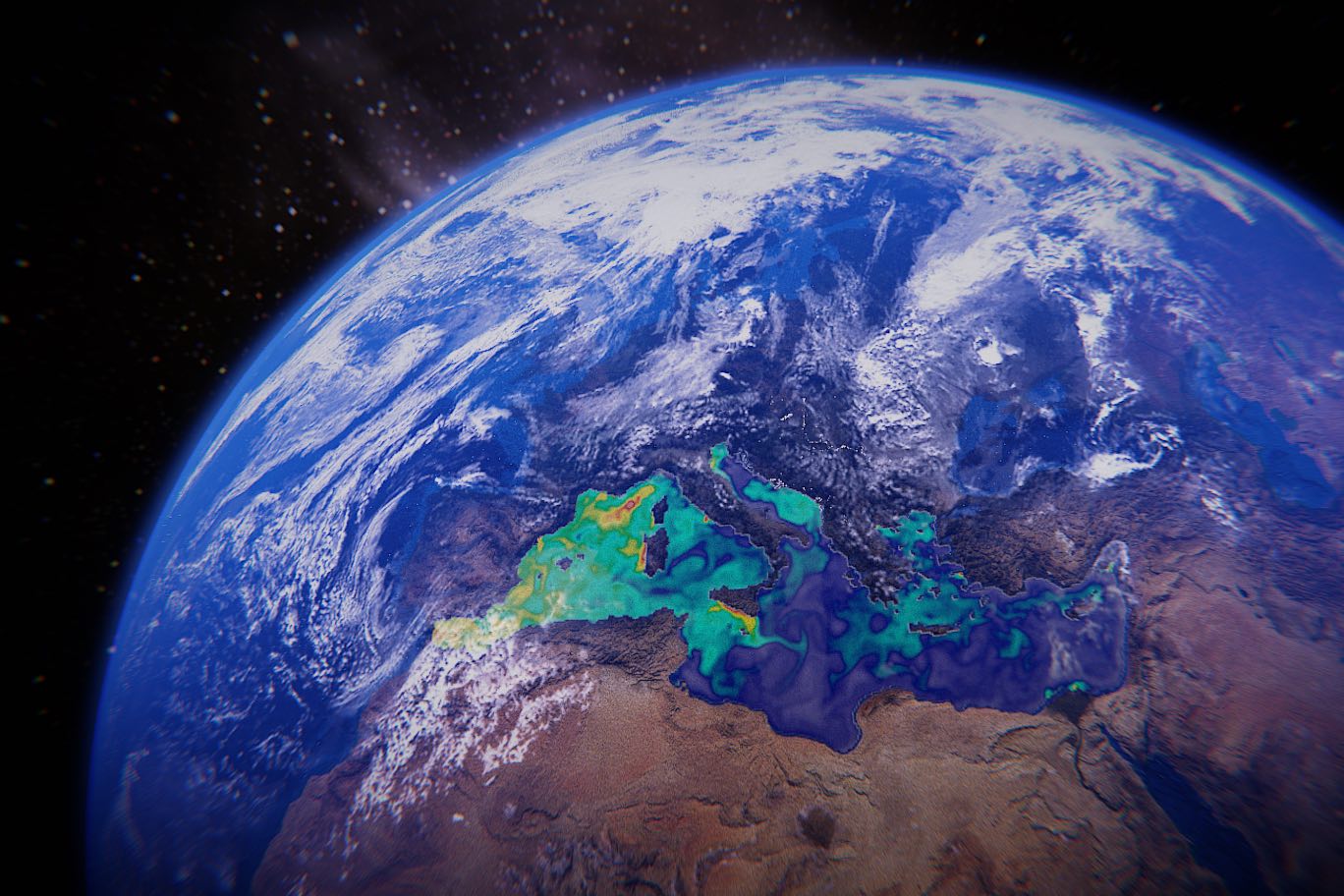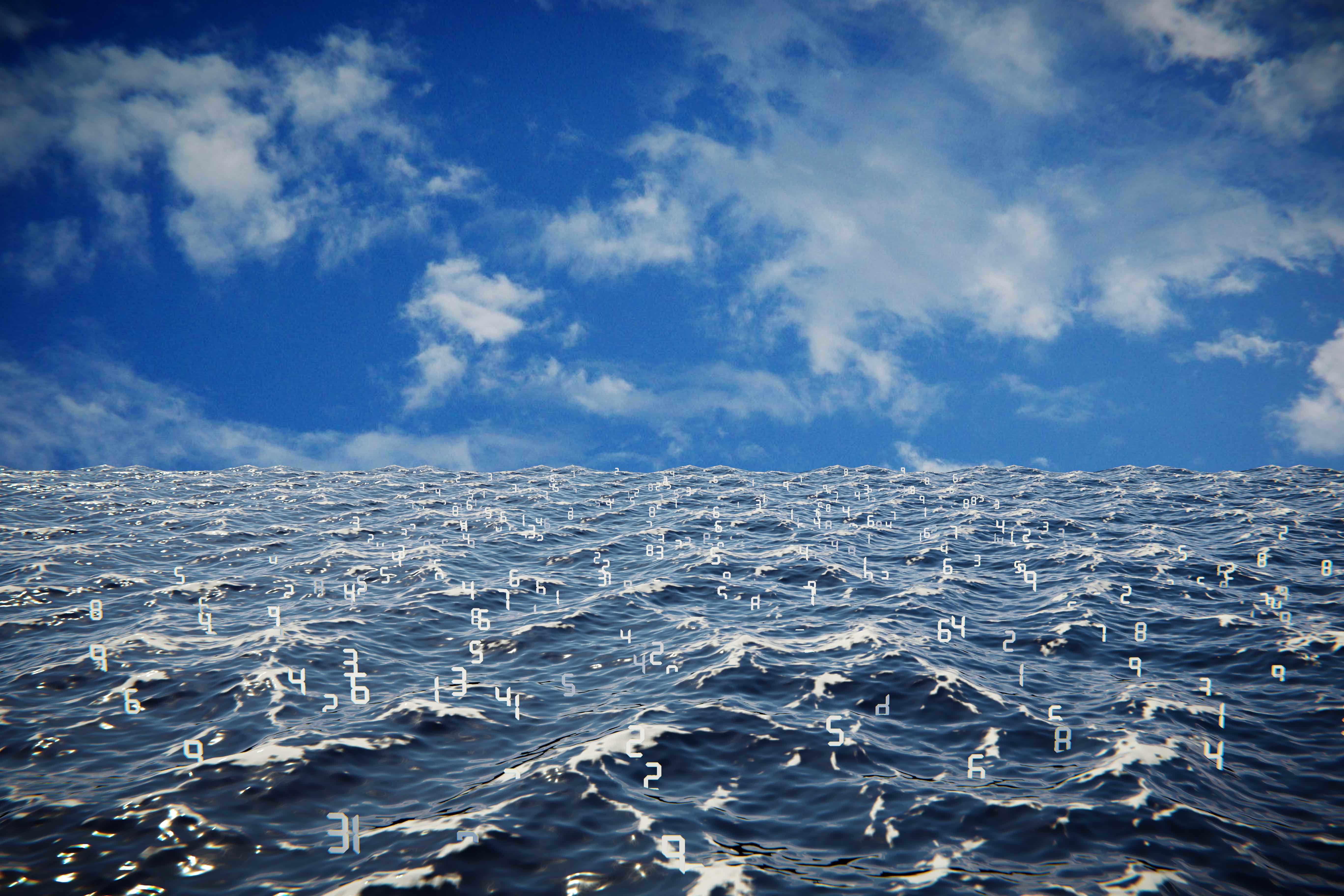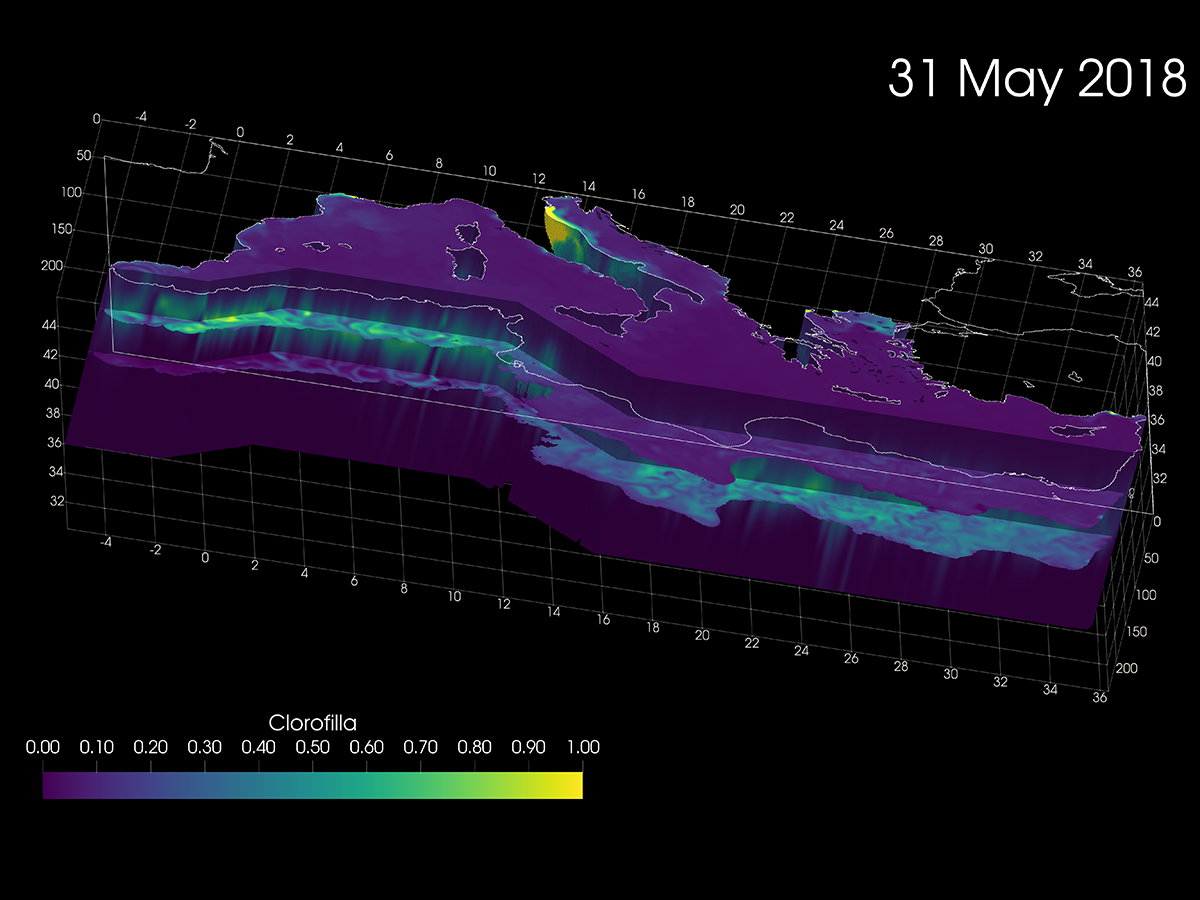A national network to support young researchers using supercomputing to address Earth system modelling challenges
In 2015, OGS and Cineca entered into an agreement to implement a training programme in the field of High Performance Computing (HPC) for applications in Earth Sciences, called "HPC Training and Research for Earth Sciences" (HPC-TRES). The programme is co-funded by the Ministry of Universities and Research (MUR) through PRACE-Italy, the special contribution for Italy's participation in the activities related to the international PRACE infrastructure.
The main objectives of the programme are capacity building, the enhancement of human capital, and advanced training in the fields of Digital Twin Earth, Earth System modelling (atmosphere, hydrosphere, lithosphere and biosphere) and numerical methods, the latter being considered a strategic transversal component for modelling. These objectives will be pursued through the use of national and European PRACE HPC infrastructures and services, the optimisation of algorithms and calculation codes, the management of large amounts of data ("Big Data") and graphic visualisation techniques for multidisciplinary applications in the Earth Sciences, also in the context of the "Blue Growth" strategy and, more generally, of the National Recovery and Resilience Plan.
HPC-TRES envisages the establishment, funding and management of training and research awards (grants for expenditure on training and research activities established in accordance with the regulations in force governing scholarships, research grants, and PhDs) designed to contribute to the thematic research lines of the scientific plan of the HPC-TRES programme.
Organisation
First HPC-TRES workshop (Pisa, March 2018): link
Second HPC-TRES workshop (Trieste, November 2019): link
Third HPC-TRES workshop (online, December 2020): link
Fourth HPC-TRES workshop (online, December 2021): link
Fifth HPC-TRES workshop (Trieste, January 2023): link
Sixth HPC-TRES workshop (Bologna, December 2025): link
Watch the video HPC Training and Research for Earth Sciences | HPC-TRES
The HPC-TRES training programme is managed by a Steering Committee composed of 2 OGS members (President and Secretary), 1 Cineca representative, and 4 external members chosen on the basis of a joint OGS-Cineca opinion. Researchers belonging to national research institutes dealing with Earth system-related issues (INGV, CNR, CMCC, ICTP) have personally contributed to the definition of the scientific plan, and have joined the HPC-TRES programme by offering logistic support and hospitality to the winners of the training and research awards.
OGS recognizes the scientific excellence of the hosting institutions as strategic to the educational and professional growth of the awarded young researchers. OGS strives to extend the participation to the scientific plan to other national research groups involved in HPC applications for Earth Sciences (2016: MOX-Polimi, ENEA-SSPT, INGV-SST, INGV-CNT, Univ. Bicocca, CRS4; 2017: EURAC, ARPA-FVG; 2018: CIMA Foundation; 2019: Univ. Trieste; 2020: LAMMA; 2021: Univ. Trento, INAF OATs), so that these groups could propose new training and research activities in the next HPC-TRES Calls.
At the end of 2021, the HPC-TRES programme has co-funded about 50 young researchers (10 of them with a PhD scholarship), who meet annually in a workshop where applications in different disciplines of Earth sciences are united by the issues related to the use of computing resources and their continuous technological development.
In 2021, with the agreement between OGS, Cineca, Consiglio Nazionale delle Ricerche (CNR), Istituto Nazionale di Geofisica e Vulcanologia (INGV), Fondazione Centro Euro-Mediterraneo sui Cambiamenti Climatici (CMCC), Politecnico di Torino and Abdus Salam International Centre for Theoretical Physics (ICTP), the programme was structured into a Joint Research Unit (HPC-TRES JRU).
Key numbers (2024)
- OGS users: > 60 (5 in 2015)
- OGS computational resources (n. core hours): around 6 millions (200.000 in 2015)
- HPC-TRES grants (post-doc, PhD, fellowships, master HPC) since 2015: 71
- ISCRA projects with HPC-TRES users since 2015: > 70 (2 in 2015)
- HPC-TRES pubblications since 2015: > 250
Organisation
First HPC-TRES workshop (Pisa, March 2018): link
Second HPC-TRES workshop (Trieste, November 2019): link
Third HPC-TRES workshop (online, December 2020): link
Fourth HPC-TRES workshop (online, December 2021): link
Fifth HPC-TRES workshop (Trieste, January 2023): link
Sixth HPC-TRES workshop (Bologna, December 2025): link
Watch the video HPC Training and Research for Earth Sciences | HPC-TRES



